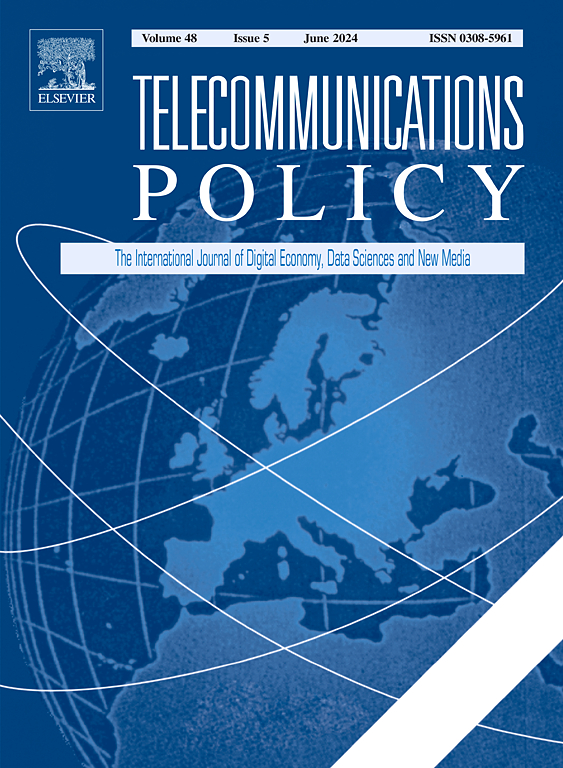电影工业的数字化转型:人工智能如何改变第七艺术
IF 6.4
2区 管理学
Q1 COMMUNICATION
引用次数: 0
摘要
尽管人工智能在许多行业的数字化转型中发挥了主导作用,并成为多项学术研究的焦点,但即使在ChatGPT等大型语言模型和Sora等生成式人工智能工具取得进展之后,也只有少数研究人员探索了人工智能对电影行业的影响。关于人工智能的使用如何影响电影产业价值链的核心功能(创作、制作、传播和放映)的问题,只有部分或不充分的探索。本文打算通过基于韦伯斯特&沃森方法对74篇相关文章进行系统的文献综述来解决这一研究空白,然后对电影行业中与人工智能相关的主题进行概念分析。我们的研究结果表明,人工智能长期以来一直在电影产业中发挥作用,随着人工智能的发展,它的影响力只会越来越大,对整个电影产业的价值链都产生了影响。我们还强调了新出现的伦理问题,如作者身份、创造性完整性和人工智能角色扩大所带来的劳动力替代。虽然我们的工作为电影行业的人工智能研究做出了贡献,但我们也发现了潜在的研究途径,为未来的探索提供了空间。本文章由计算机程序翻译,如有差异,请以英文原文为准。
The digital transformation of the film industry: How Artificial Intelligence is changing the seventh art
Although artificial intelligence has played a dominant role in the digital transformation of many industries and has been the focus of multiple academic studies, only a few researchers have explored the impact of AI on the film industry, even after the advances in large language models like ChatGPT and generative AI tools such as Sora. Questions regarding how the use of AI has affected the core functions of the film industry's value chain (Creation, Production, Dissemination and Exhibition) have only been partially or inadequately explored. This paper intends to address this research gap by conducting a systematic literature review of 74 relevant articles based on the Webster & Watson methodology, to be followed by a conceptual analysis of AI-related themes in the film industry. Our findings reveal that artificial intelligence has long played a role in the film industry, and its influence has only grown with recent advancements in AI, having an impact across the film industry's value chain. We also highlight emerging ethical concerns, such as authorship, creative integrity, and labor displacement that accompany AI's expanding role. Whilst our work contributes to the body of research on AI in the film industry, we also identify potential avenues of research that allow room for future exploration.
求助全文
通过发布文献求助,成功后即可免费获取论文全文。
去求助
来源期刊

Telecommunications Policy
工程技术-电信学
CiteScore
10.80
自引率
12.50%
发文量
122
审稿时长
38 days
期刊介绍:
Telecommunications Policy is concerned with the impact of digitalization in the economy and society. The journal is multidisciplinary, encompassing conceptual, theoretical and empirical studies, quantitative as well as qualitative. The scope includes policy, regulation, and governance; big data, artificial intelligence and data science; new and traditional sectors encompassing new media and the platform economy; management, entrepreneurship, innovation and use. Contributions may explore these topics at national, regional and international levels, including issues confronting both developed and developing countries. The papers accepted by the journal meet high standards of analytical rigor and policy relevance.
 求助内容:
求助内容: 应助结果提醒方式:
应助结果提醒方式:


